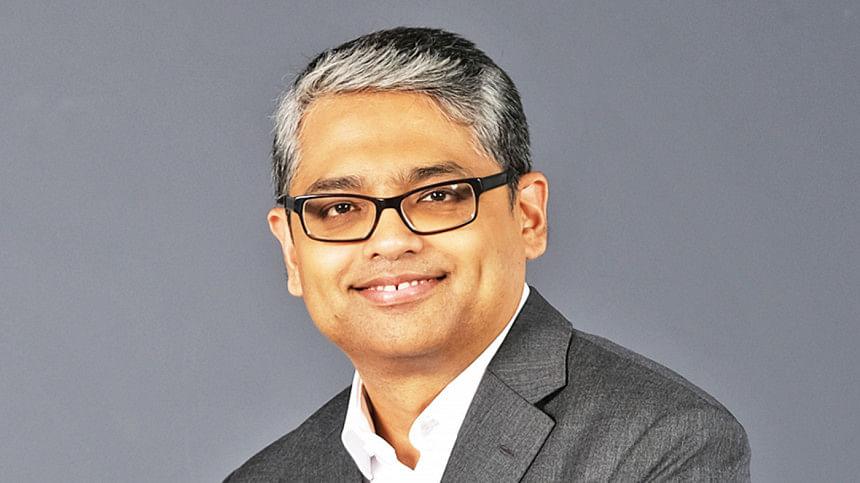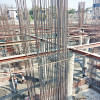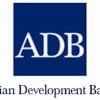Challenges remain despite drastic cuts in customs duty

Over the years, the government has significantly eased customs duties to facilitate local industries but a lot of challenges still exist, said Zaved Akhtar, chief executive officer and managing director of Unilever Bangladesh Ltd.
"In many cases, the duties of raw materials are equivalent to those of finished products."
He cited the example of disodium sulphate, an essential raw material used in manufacturing detergent powder.
In the fiscal year of 2021-22, the customs duty on disodium sulphate rose from 15 per cent to 25 per cent, with an additional imposition of 20 per cent in the form of supplementary duty and another 3 per cent as the regulatory duty.
"The current duty structure for the raw material is the same that is levied on imported detergent powder in finished goods form," he said while sharing his reactions on the proposed budgetary and tax measures for the next fiscal year.
The top official also cited the examples of industrial fragrances for soaps, shampoos, creams, lotions and other items, which face a customs duty of 25 per cent.
The imposition of such a high duty rate on raw materials increases the cost of production and makes the products expensive to sell.
Benchmark carried out with 40 countries, including South Asian nations, reveals that the duty in Bangladesh is the highest among them, he said.
"The imposition of such a high duty rate on raw materials increases the cost of production and makes the products expensive to sell."
Akhtar said materials generated from vegetable oils and by-products such as crude palm kernel oil and refined bleached deodorised palm stearin are the most basic materials and are required to make soaps.
The materials are used in the initial stage of production. Currently, they are classified as intermediary products and the customs duty stands at a 10 per cent slab although they are basic raw materials and should see a duty of 5 per cent, he said.
Unilever is one of the world's largest consumer goods companies and it produces more than 95 per cent of the consumer goods that it markets here in plants in Bangladesh.
He said Bangladesh has a significant opportunity to increase the consumption of hair and skin care products as it has the lowest consumption among comparable Asian countries.
Per capita use of the products is 99 grammes in Bangladesh against 167 grammes in India.
If Bangladesh starts consuming at the level of India, the total volume of the shampoo market is expected to expand by approximately 70 per cent.
However, Akhtar said, the presence of a 10-15 per cent supplementary duty, in addition to the value-added tax, at the local stage on shampoos, conditioners, and most skin care products makes them more expensive, thereby discouraging consumers.
"Bangladesh is still a very high-tariff country with a multitude of direct and indirect tariffs. As we become a middle-income country, we will need to rationalise many of the tariffs in order to ensure market access, protect our internal revenue collection and promote local industries."
"It will require a fine balance of moderating tariffs while fostering domestic growth so that we are able to continue the trajectory of accelerated revenue collection."
According to Akhtar, the government has significant leverage to simplify the duty structure for raw materials so that local industries can thrive and cater to the domestic market.
"The time is not on our side anymore and we probably need to take heed of the implications of being a middle-income country now, else we risk falling into the much-unwarranted middle-income trap."
On the overall budgetary measures, he said budget-framing required finding a fine balance against the backdrop of macroeconomic instability due to global geopolitical headwinds and the ensuing election.
"I believe that a budget that fosters private consumption and investments and can address short-term woes while investing to attain long-term goals will augur well for the country."

 For all latest news, follow The Daily Star's Google News channel.
For all latest news, follow The Daily Star's Google News channel. 








Comments